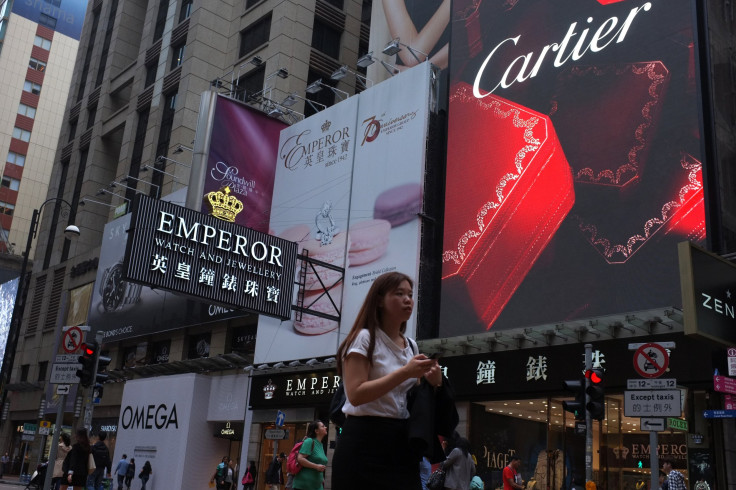Hong Kong Protests Lead To Store Shutdowns, Massive Layoffs As Tourism Plunges

As the unrest continues in Hong Kong driving tourists and their money away, the inevitable begins to happen as retailers are forced to close their shops and let the mass layoff of workers begin. In a Darwinian like scenario, the smaller, weaker businesses may not survive while larger businesses with greater financial resources hunker down to outlast the crisis.
Alexa Chow Yee-ping, managing director of AMAC Human Resources Consultants, said, “It is just too hard to survive,” adding that retail chains were trying their best to hold on to permanent staff despite the gloomy outlook. The end of the month might well be the time when the businesses will close. Part-time workers have already been let go and about 20-30 percent of retailers were starting to lead full-time workers to the exit door.
The numbers are grim in other areas as well. At Hong Kong International Airport, passenger traffic is down 12.4 percent from 2018. And dozens of countries have issued travel warnings for Hong Kong. Financial Secretary Paul Chan Mo-po wrote in a blog post on Sunday that the 40 percent tourist slump in August was the second-biggest year-on-year slump since the SARS epidemic in May 2003.
Oct. 1 marks the beginning of “golden week”. In 2018 an estimated 1.2 million Chinese mainland visitors went to Hong Kong to shop and celebrate National Day. That number is unlikely to repeat itself in the light of the protests that have been ongoing since June 9.
The protesters often hit shopping districts like Causeway Bay and Victoria Park for their organized rallies. They also single our retailers who do not share their political views urging citizens to boycott or join in campaigns to avoid such retailers.
When retailers close, they stop paying rent to landlords and this concern prompted the Hong Kong Retail Management Association last month to ask landlords to cut the rent by half for six months to help businesses tide over the crisis. While the landlords are likely not to be amenable to such a request, they risk losing it all when larger retailers decide to move out.
Examples of this are Chow Tai Fook, the world’s largest listed jewelry group, who said it was “actively looking for a cut on rental renewals”. The restaurant chain Red Lobster in Causeway Bay said, “In light of the cautious consumer sentiment amid the current market uncertainties, we are reviewing the profitability of our stores.”
Joseph Ho Shiu-chung, chief supervisor of The Cosmetic and Perfumery Association of Hong Kong, which has more than 300 members including 15 multinational companies, may have said it best when he said, “There’s no way people would buy lipsticks when there’s tear gas and fire on the next street.”
© Copyright IBTimes 2024. All rights reserved.





















